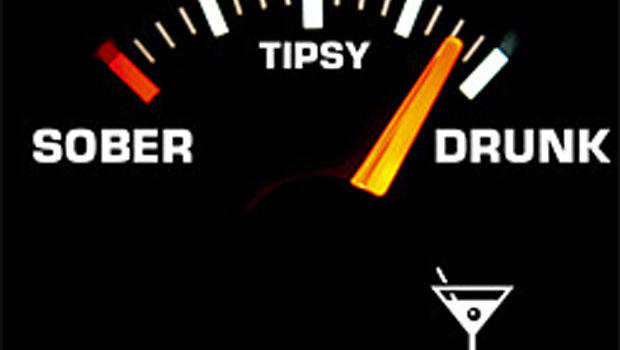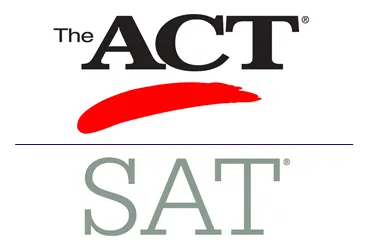The commencement of a new school year gives way to an air of excitement for both new and returning drivers at Tompkins. These licensed drivers are able to drive to and from campus, giving them a chance to demonstrate that they can take on responsibilities that ultimately lead to increased freedom and independence. Although student drivers are entrusted with more freedoms than unlicensed students, they must be sure to make the right decisions before sitting behind the wheel, for motor vehicle accidents are the leading cause of death for teenagers in the United States, with a majority of crashes being alcohol related.
Drinking and driving is a major offense for any driver, but especially for students, since the legal drinking age is 21 and older in Texas. Texas, along with many other states, has instituted a Zero Tolerance law for anyone under 21 years of age who is found with a blood alcohol concentration of 0.1 percent or above in their bloodstream. This makes it a criminal Driving Under the Influence (DUI) offense for all underaged drivers who consume alcohol. DUI sentences for minors can result in a license suspension, up to a $500 fine, community service, alcohol awareness classes and even possible jail time according to the Texas Department of Transportation. In addition, a student’s parents will lose trust in their son or daughter’s ability to drive and will likely revoke some of the freedoms that are associated with driving. Health teacher Allison Merrell shares her knowledge of alcohol and its dangers to her Health students each semester, warning them how consuming the substance can have a major impact on their daily lives.
“[The relationship between the student and parent] would be a very tense and stress filled. There would probably be disappointment from the parents, questioning what they could have done differently to keep the student from participating in underaged drinking,” said Merrell.
The repercussions of driving while under the influence are strict due to the harmful effect alcohol has on one’s mental and physical capabilities, which severely impair driving. Alcohol is defined as a drug and can therefore alter how the mind and body function. Even a small amount of alcohol can cause the drinker to lose coordination and judgment, as well as cause an inability to focus one’s eyes. Both of these skills are imperative for safe driving, so when the necessary skills to drive are taken away, the outcome is reckless driving that can lead to fatalities and legal issues.
“[Consuming alcohol] increases blood alcohol level. You could experience blurred vision, your reaction time decreases, you experience impaired judgment and not thinking rationally,” said Merrell.
Alcohol is a substance that, when paired with motor vehicles, can be deadly, but is a situation that can also be avoided altogether. With increased independence comes the opportunity to exhibit that one can make decisions based on thinking through the consequences one’s actions will bring. If a student is placed in a situation involving alcohol, he or she should avoid the substance at all costs and call a parent or trusted adult for a ride.
“Make sure that you are choosing the right friends, choosing positive influences, and make sure that your morals and values are where they need to be,” said Merrell.
No matter how experienced the driver, students must always take care to make the right decision to abstain from alcohol. This decision will result in a much safer, enjoyable school year for anyone who chooses to say no to drinking and driving.







